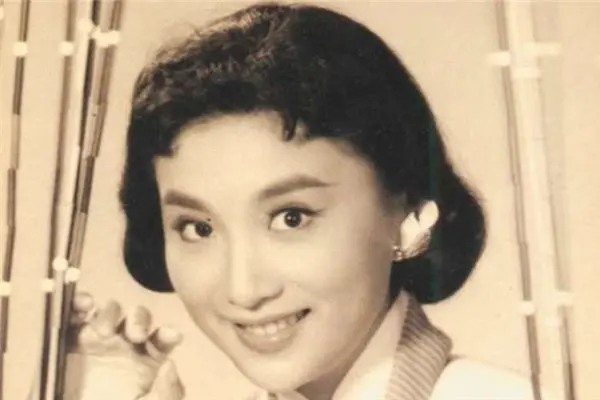Hsia Meng, the great beauty of 1950s Hong Kong cinema who was renowned as martial arts novelist Jin Yong's muse and unattainable love, has died, said Apple Daily. She was 83.
Chinese television host Cao Kefan disclosed her death on Weibo on Thursday morning (Nov 3) but did not provide details, said the report.
In the 1950s, Hsia starred in films including The Peerless Beauty and A Widow's Tears, and was known as one of the "three princesses" of left-wing Hong Kong studio Great Wall, alongside Shi Hui and Chen Si-si.
She also achieved a more lasting fame as the woman credited with inspiring a series of lovely, intelligent ice maidens in Jin Yong novels, from Huang Rong (Legend Of The Condor Heroes) and Xiao Long Nu (Return Of The Condor Heroes) to Wang Yuyan (Demi-Gods And Semi-Devils).
Martial arts novelistJin Yong. Photo:alchetron.com
Hsia was born Yang Meng in Shanghai in 1933, said Apple Daily. During her girlhood she moved to Hong Kong with her family. She joined Great Wall at age 17, before making her screen debut in the 1951 comedy A Night-Time Wife.
Her stage name, Hsia Meng, was taken from Shakespeare's A Midsummer Night's Dream and literally means Summer Dream.
Legend has it that Jin - the pen name of novelist Louis Cha - became a screenwriter for Great Wall to be near Hsia. Alas, she was spoken for and would, at age 21, marry businessman Lin Baocheng. She stayed friends with Cha, though. When her husband died in 2007, Cha attended the funeral with his wife.
In 1967, after starring in her last movie, the comedy Oh, The Spring's Here!, Hsia moved to Canada. But she was back in Hong Kong two years later to operate a garment factory with her husband.
In 1979, she returned to show business as a producer. Her company Bluebird made a splash with its first film, Boat People, the 1982 drama directed by Ann Hui, starring George Lam and featuring a young Andy Lau. The movie about the harshness of life in Communist Vietnam won five Hong Kong Film Awards, including for Best Film.
In Chinese, the movie is known as Tou Ben Nu Hai or Into The Raging Sea. The evocative title was given by Hsia's old friend, Cha.
(THE STRAITS TIMES)
 简体中文
简体中文

